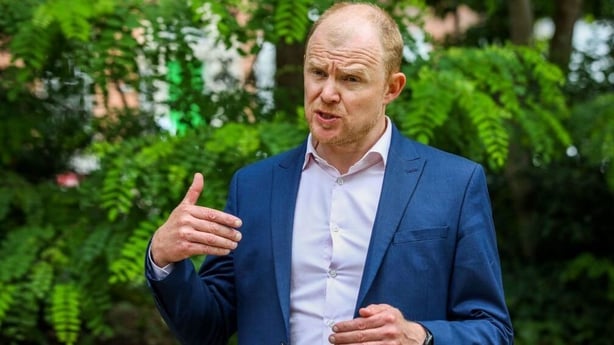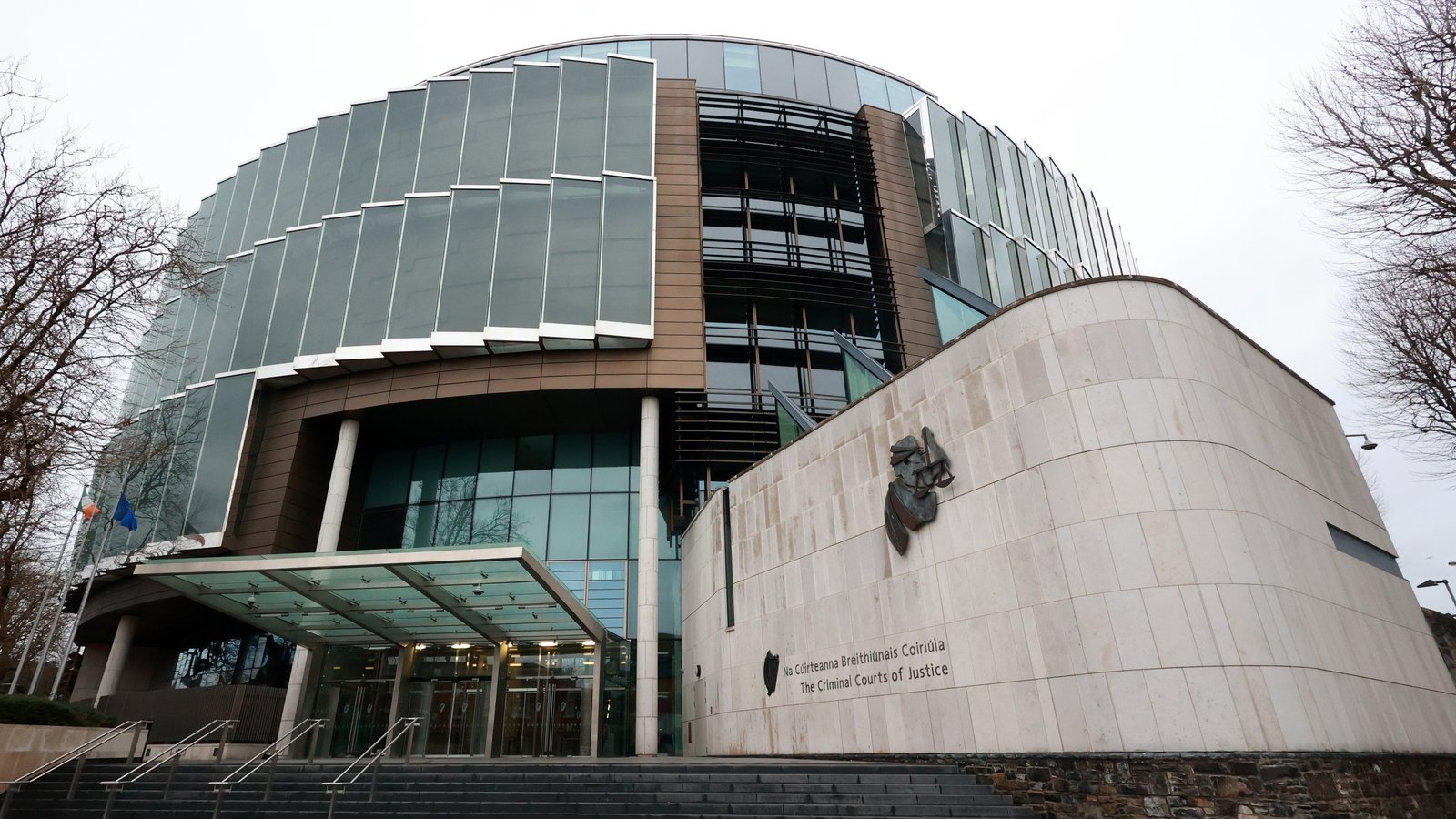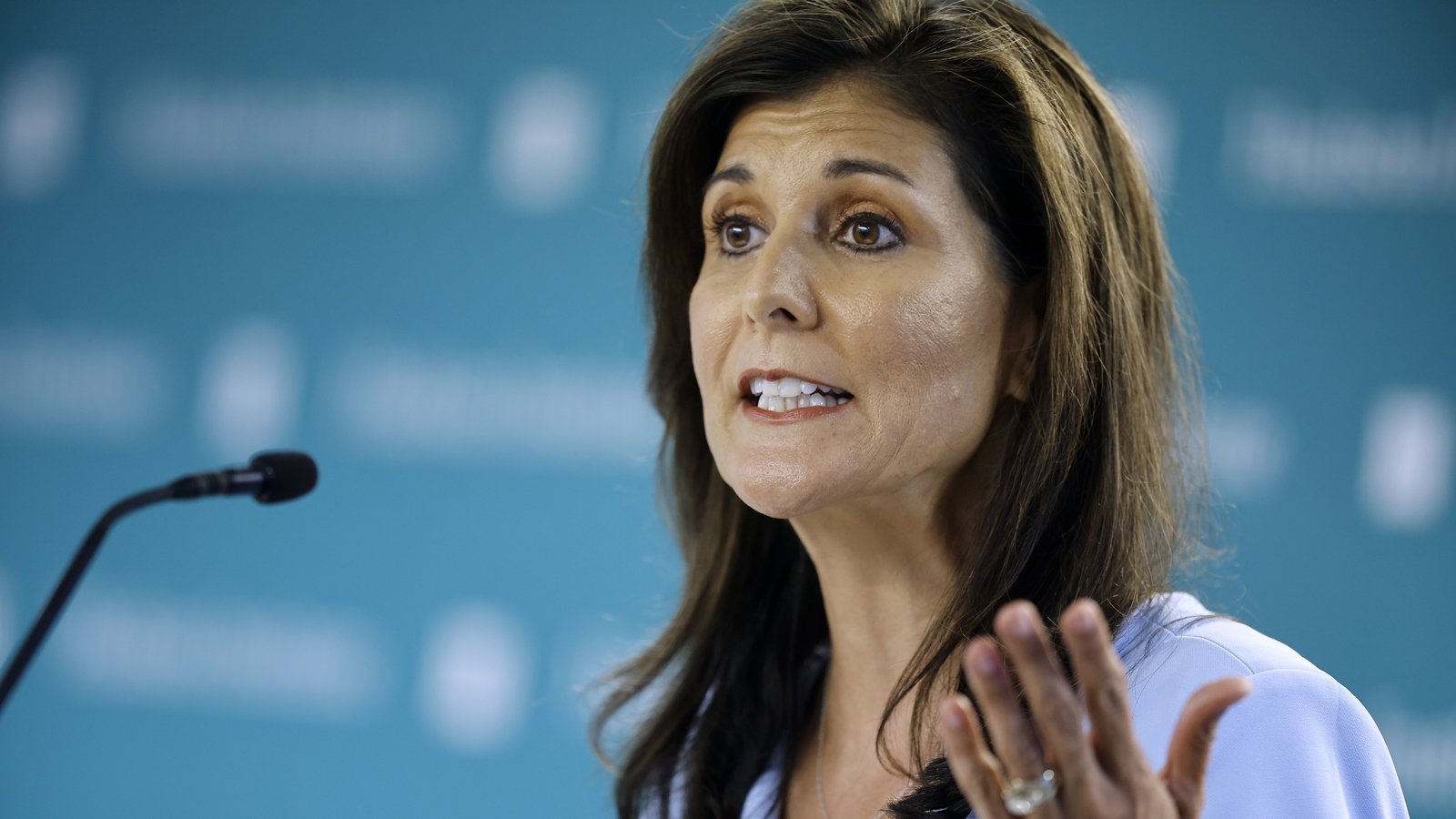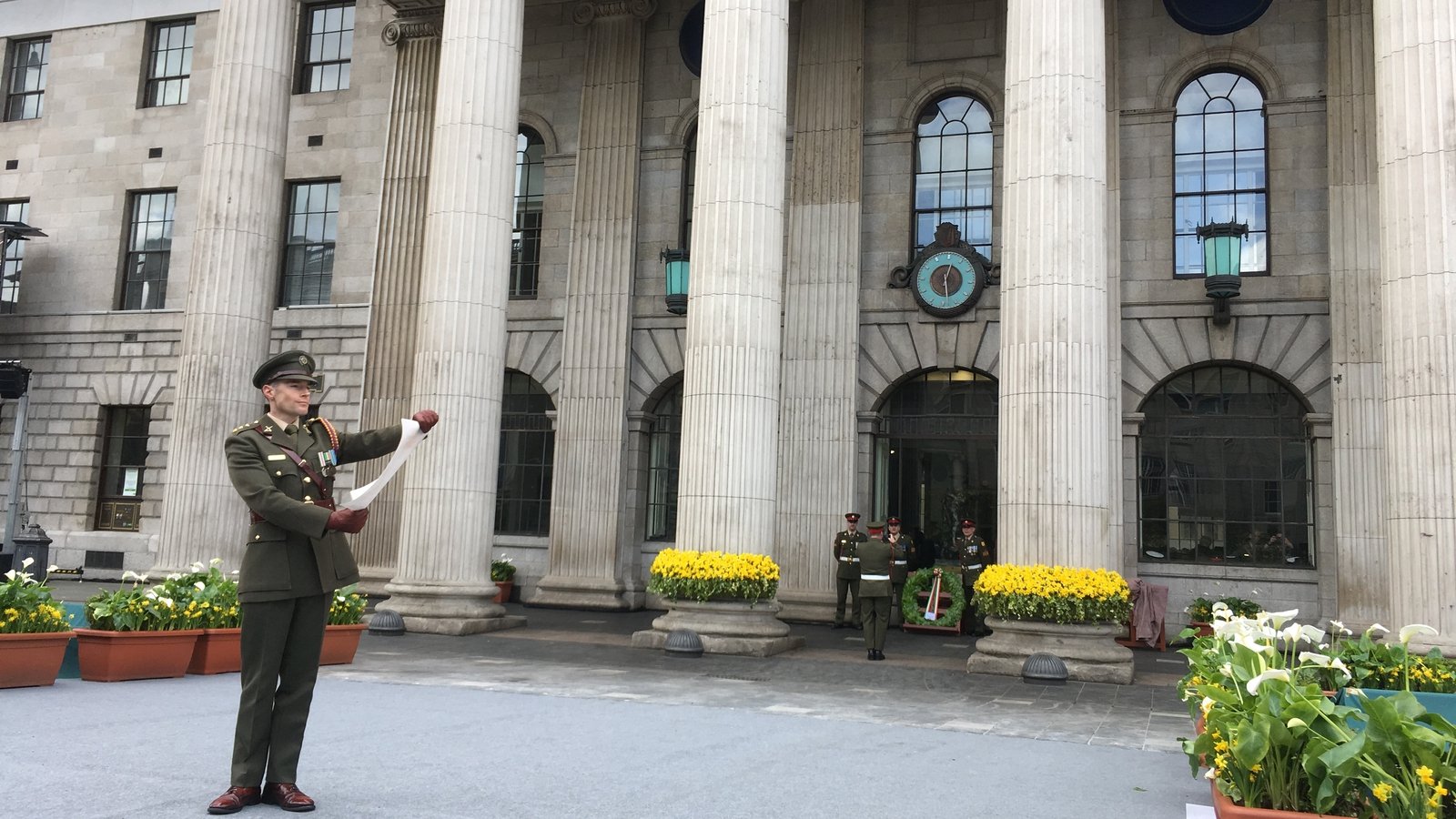MSF criticises EU migration pact after Ireland signs up

The new EU migration pact, which the Government has decided to opt in to, has been criticised by Medecins Sans Frontiers (MSF).
Minister for Justice Helen McEntee yesterday confirmed Ireland would be joining the EU asylum and migration pact, describing it as “hugely beneficial” for the country in responding to the “massive challenge of migration”.
However, Medecins Sans Frontieres (MSF) has raised concerns over the agreement for its impact on people arriving in Ireland seeking protection and assistance.
MSF’s humanitarian advisor Chloe Marshall-Denton told RTÉ’s Morning Ireland: “There are many aspects of the pact that make it increasingly difficult to ensure protection and assistance for those who are most in need.”
Ms Marshall-Denton said her main objection to the pact was that it “consolidates many of the most harmful policies and practices” that they had seen on the ground.
She said one of her main concerns was that the pact “enshrines the notion” that EU member states could provide financial support to non-EU countries “with extremely harmful and devastating consequences for people on the move”.
We need your consent to load this rte-player contentWe use rte-player to manage extra content that can set cookies on your device and collect data about your activity. Please review their details and accept them to load the content.Manage Preferences
She said there are also concerns around border procedures which will process people who are particularly unlikely to be granted protection more quickly.
Theere will also be new dedicated accommodation for those being processed in the border procedure.
“The idea that once people arrive at EU borders, they will be subjected to a form of containment that could amount to defacto detention,” she said, adding that this had been imposed in places like Italy and Greece “with devastating consequences on people”.
Ms Marshall-Denton said those who are in the most difficult situation are trapped in non-EU countries and it is becoming increasingly difficult to move towards the EU.
She said people are then forced to take increasingly dangerous routes to do so, forcing them into greater danger and vulnerability.
By opting in, the Government will be committing Ireland to introducing a programme of legislation, which will replace the International Protection Act of 2015, within the next two years.

The CEO of the Irish Refugee Council, meanwhile, has described the pact as “the good, the bad and the ugly”.
Nick Henderson said the Irish Refugee Council’s solidarity with EU states over the issue of migration would be positive.
However, he said the directives contain “various devices and mechanisms for limiting access to the international protection process and then, when a person is in the process, making it harder to present their claim in a fair way”.
He added that the council will be “closely monitoring legislation and implementation and relentlessly calling for the highest standards and protections in line with the fundamental right to claim asylum and existing international protection and human rights law”.
Mr Henderson also expressed concern over Government plans for a comprehensive accommodation strategy for international protection applicants.

He said that while there are several positive elements that can be taken from the announcement, the plans did not give insight into ending the issue of homelessness.
“The plan is extremely light on detail, dependent on funding that is not yet confirmed and crucially, does not demonstrate a sufficiently urgent way to end the current homelessness crisis.” Mr Henderson said.
The reforms will see a move away from full reliance on private providers and towards a core of State-owned accommodation, delivering 14,000 State-owned beds by 2028.
The aim of the strategy is to end the use of unsuitable accommodation options currently relied upon, such as a sole hotel remaining in a given town, according to a Government statement.
However, Mr Henderson said the council was “very concerned that the plan will not be fulfilled for another four years, until 2028”.
Mr Henderson added that the council requireed clarity over funding for the project.
“We note that Minister (Paschal) Donohoe announced additional funding of €2.25 billion for public capital projects out to 2026 on the 27 March. It does not appear that this accommodation plan is one of the items approved. Clarification should be urgently provided,” he said.





